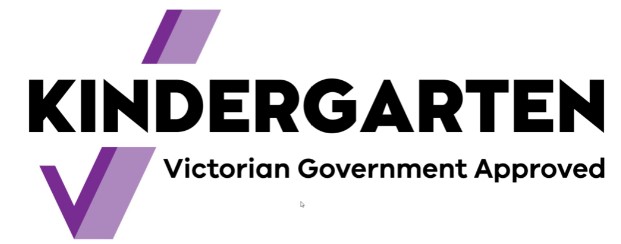Five Essential Math Skills Your Child Needs to Prepare for Kindergarten
07 February 2020Math skills are highly critical in a child’s education. It is often used in everyday activities and learning such at a young age serves as a good foundation for further learning. However, its highly technical nature discourages parents to start teaching them early on. As a result, they leave all the math-learning responsibilities solely to the teachers as soon as their children start school. What they fail to realise is that learning starts at home and there are certain skills that children have to know before actual school. Below are five essential math skills your child needs to prepare for kindergarten.
Counting and Cardinality
Children are expected to demonstrate simple counting skills before starting kindergarten. These skills include counting to 20, ordering number cards, and identifying without counting how many items are in a small set. Children also will need to learn cardinality. That means they should understand that the last item counted represents the number of items in the set.
Counting and cardinality can be easily integrated into daily life. Children can count their toys as they clean up or count how many steps it takes to walk from the kitchen to their bedroom. Parents can point out numbers on a clock or phone.
Board games are helpful and fun ways to hone counting and cardinality skills. Have children identify the number on the die or spinner when they take their turn and count aloud when they move their piece. Active games that involve counting aloud – like jump rope, hopscotch or clapping – also foster these skills.
Operations and Algebraic Training
Kindergartners are expected to solve simple addition and subtraction problems using objects. Parents can have children do simple math problems during everyday tasks. For example, they can ask children to take out the correct number of plates or utensils when setting the table for dinner. Remember, the math language children hear matters. Parents can ask questions like, “How many more plates do we need?”
During play, parents can use toys and say things like, “I’m going to give you one of my cars. Let’s count how many cars you have now.” Songs and rhymes that include counting up or counting down can also be useful for teaching early addition and subtraction.
Numbers and Operations in Base 10
Children need to begin to understand that the number “ten” is made up of 10 “ones” Playing with coins can help children learn about numbers. Counting fingers and toes is a great way to emphasize the numbers one through 10. Money, coins in particular, is another great way to emphasize base 10. Parents can play store with their children using pennies and have them “purchase” toys for differing amounts of pennies. During play, parents and their children can talk about how many toys they can buy with 10 cents.
Measurement and Data
Kindergartners are expected to sort objects by their features – like shape, colour and size – or identify the feature by which objects have been sorted. They also are expected to order objects by some measurable feature, such as from bigger to smaller.
In the kitchen, children can begin experimenting with measurement using spoons or cups. Children can sort utensils, laundry or toys as they put them away. Card and dice games are helpful for talking about number magnitude.
Additionally, kindergartners should be able to compare objects and use language like more than or less than, longer or shorter, and heavier or lighter. Parents can help by using these words to emphasize comparisons. When children are helping with tasks, parents can ask questions like, “Can you hand me the biggest bowl?” or “Can you put the smaller forks on the table?”
Geometry
Early geometry skills include naming and identifying 2D shapes like circles, squares and triangles. Children also need to realize that shapes of different sizes, orientations and dimensions are similar. Children should be able to recognize that a circle is like a sphere and use informal names like “box” and “ball” to identify three-dimensional objects.
Enrol your child at Gower Street Kindergarten. We deliver a culturally enriched kindergarten program that supports children of all abilities, aged between three to five years of age.

